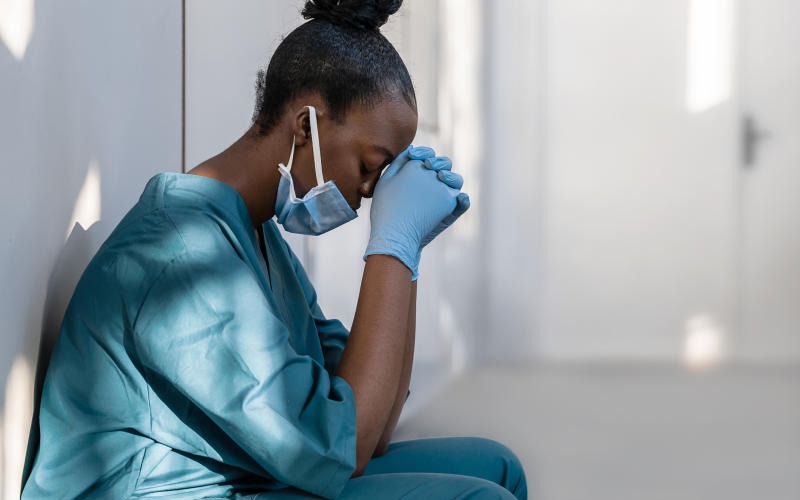
Have you ever stopped to ask whether distressed people actually need a psychiatric diagnosis? For example, in Kenya many people claim the next challenge after Covid-19 will be a national mental emergency because of how the pandemic has negatively impacted the country’s mental health. However, becoming more anxious in response to Covid-19 is a normal reaction if you are mentally healthy and actually a sign of illness if you’re not. When one faces exceptional circumstances, everyone can be expected to feel levels of fear, sadness and irritability well above their usual baseline.